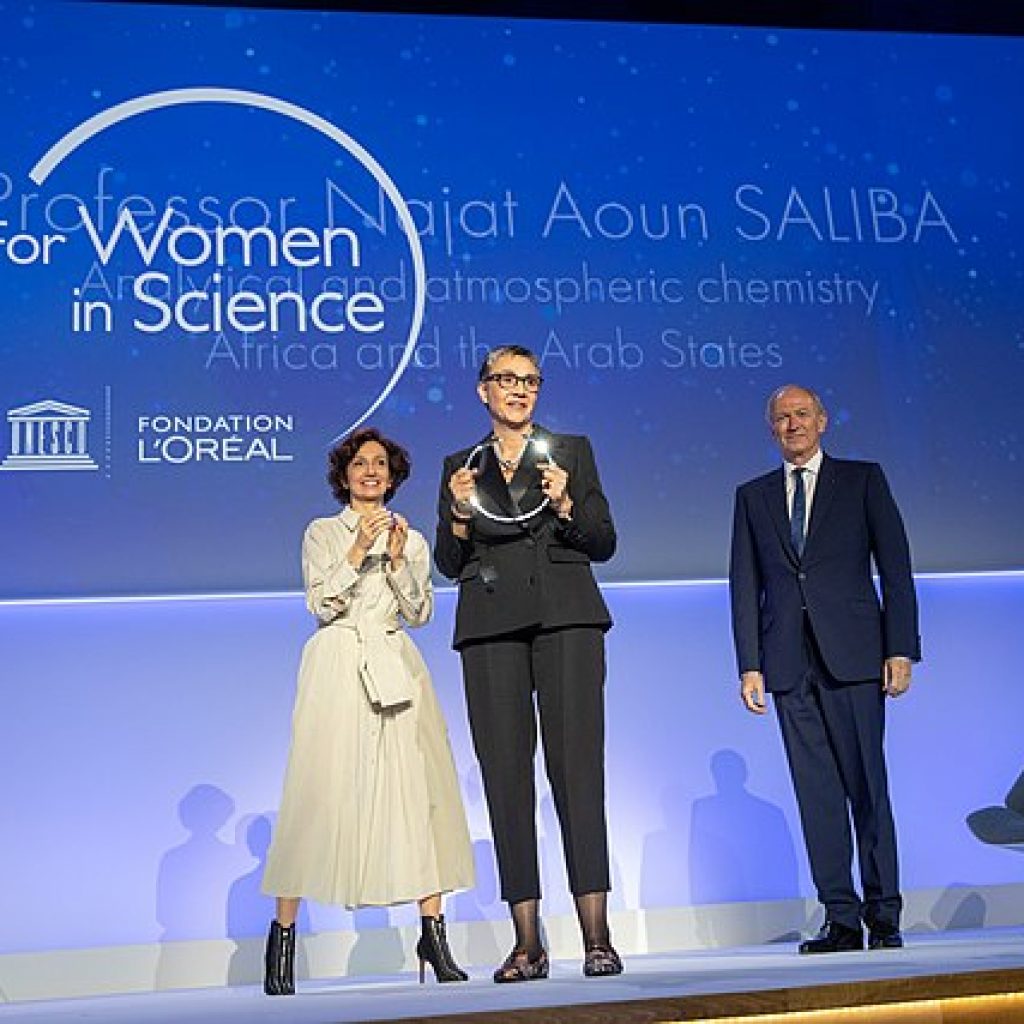As the quantum industry continues to expand, it is garnering more interest from companies in other fields. One of these companies is L’Oréal, which is rumored to be interested in quantum chemistry. Though L’Oréal is a cosmetic company, it could easily benefit from using quantum technology for chemical simulations, as well as better studies of molecular dynamics for future products. While the company has yet to make a public statement about its interests, L’Oréal did participate in the 2021 BIG Quantum Hackathon by QuantX, suggesting it is already looking at the industry. One way that L’Oréal has tried to connect with the sciences in the past and continues to do so, is through its Women in Science program. This program may be key as the company continues to weigh the possibilities of quantum, as its level of outreach could connect it to the overall quantum community at a deeper level.
L’Oréal collaborated with UNESCO (the United Nations Educational, Scientific, and Cultural Organization) to create the Women in Science fellowship program, which awards five female postdoctoral researchers with a $60,000 grant for their work. These fellowships are awarded annually and serve to showcase women within various STEM fields as role models for younger generations of scientists. Applicants from around the world are welcome to apply, and the judges pick one woman as a winner from five core STEM fields: life sciences, physical sciences, mathematics, computer sciences, engineering, and sustainable development. Both L’Oréal and UNESCO have already shown their interest in quantum by allowing quantum physics to be an accepted sub-field for any potential applicants. In fact, in a separate award given by both organizations in 2019, quantum physicist Professor Karen Hallberg of the Balseino Institute in Argentina was awarded for her research on quantum matter, suggesting that L’Oréal sees the importance of the research in this field. Other award winners include NIST and JILA quantum physicist Deborah “Debbie” Jin in 2013, for “having been the first to cool down molecules so much that she can observe chemical reactions in slow motion, which may help further understanding of molecular processes which are important for medicine or new energy sources.”
As studies have shown that currently, female representation is at 33% within the technology industry (and at 10% for quantum computing specifically), experts are already calling for more to be done to increase the number of women in this field. Inside Quantum Technology does its part by hosting the “Women of Quantum Technology” article series, which showcases the amazing women already working or entering the quantum industry. Other organizations like Women in Quantum Development (WIQD pronounced wicked) or Women in Quantum by OneQuantum are also helping to foster more female representation in the community. For L’Oréal, the Women in Science program could be a potential solution to this problem, as female postdoctoral researchers from all of the program’s targeted STEM fields (including the life sciences) are needed in the quantum industry. And as L’Oréal seems to already be interested in the technology, it might not be a big leap to see the company use this program or other forms of outreach to better enter the quantum community.
Kenna Hughes-Castleberry is a staff writer at Inside Quantum Technology and the Science Communicator at JILA (a partnership between the University of Colorado Boulder and NIST). Her writing beats include deep tech, the metaverse, and quantum technology.
